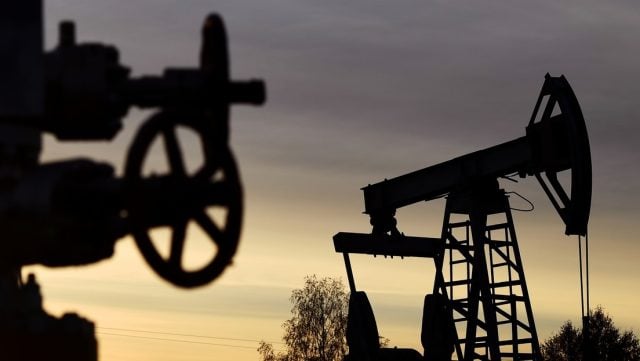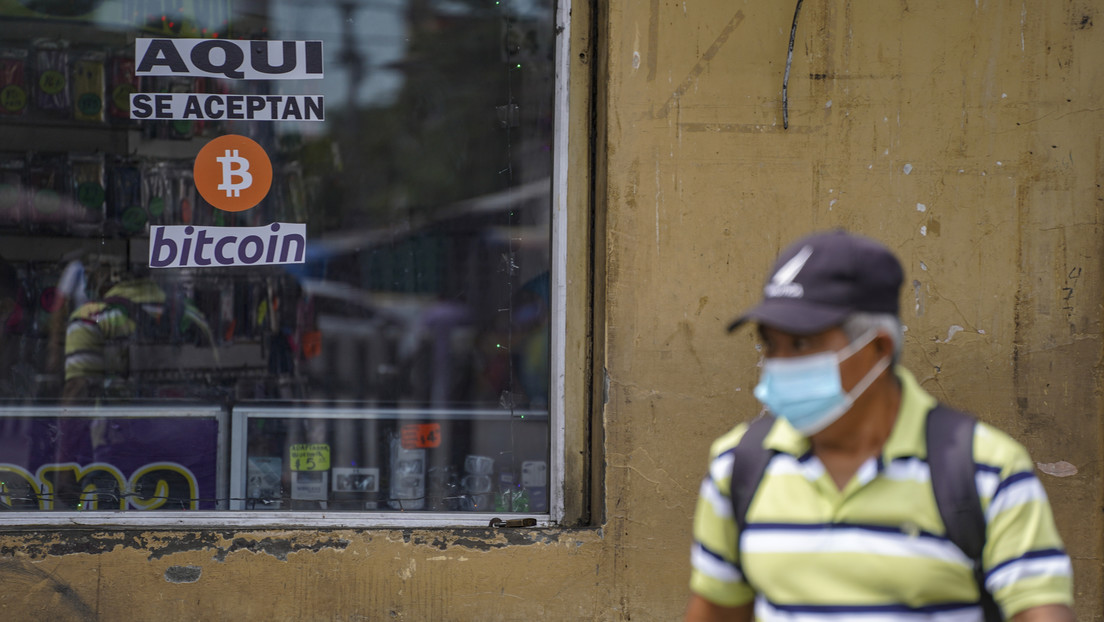While countries such as the US, Canada and the United Kingdom urge the European Union to tighten sanctions against Russia, also extending them to the energy sector and, in particular, to Russian oil and gas, experts warn that such a measure would almost certainly bring with it devastating consequences, not only for Russia or Europe, but also for the world economy.
Within Russia, the possible sanctions would affect not only the export of Russian gas and oil, but also its production, Stanislav Mitrakhovich, chief expert of the National Fund for Energy Security, tells Vzgliad.
From Europe to Asia?
The analyst explains that Russia has almost no oil deposits. «Part of the oil can be stored directly in tankers and railway tankers, but this is a temporary decision», explained Mitrakhovich.
While the country would, in all likelihood, redirect some of its oil to the Asian market, Europe’s large share of Russian crude exports makes the process significantly more difficult, explains RT.
Data from the International Energy Agency (IEA) suggest that 60% of Russian oil exports are destined for Europe, while 20% go to China. Thus, a complete reorientation would be impossible in the short term, given the absence of the necessary infrastructure and roads in the region.
The expert is optimistic about the possibilities of redirecting supplies of Russian liquefied gas to Asia, the main market for Russian exports of this type. However, gas exports through pipelines, which cover some 140,000 million cubic meters, are largely oriented towards the European market.
The capacity of the Siberian Force gas pipeline and the future Siberian Force 2 gas pipeline, which will supply gas to China through Mongolia, corresponds to about 60 billion cubic meters. In the absence of a necessary pipeline route, blocking the supply would force Russia to curb gas exploitation.
Likewise, the reduction of the production and supplies of gas and oil, which constitute almost half of the income of the state budget, would affect the labor market in the country and, globally, would lead the Russian economy to a crisis.
A race towards diversification
However, the blocking of Russian energy supplies would also affect other countries in the world. Linked to Russian gas and oil, European countries began to look for alternatives to diversify supplies to the region. Last Thursday, the IEA presented to the European Union a plan that aims to «reduce its imports of Russian natural gas by more than a third» or more than 50,000 million cubic meters. Among other measures, the plan provides for «maximizing gas supplies from other sources» and promoting the use of renewable energy.
Faced with a scenario like this, experts are already warning of the difficulties that a replacement of Russian supplies would entail, an almost impossible task in the case of gas. Sergei Kondratiev, chief expert at the Institute of Energy and Finance explained to Gazeta.ru that by next winter Norway could supply an additional 10,000 million cubic meters of gas to Europe, while the Midcat project could contribute between 7,000 and 10,000 million cubic meters of gas.
These figures could not offset the volumes currently supplied to European consumers by Russia. «The internal capacity of the Scandinavian country is not even enough for an insignificant increase in world supply», said Alexander Frolov, deputy director general of the National Energy Institute.
Similarly, experts rule out that the Netherlands can significantly increase gas supplies to Europe. “In the ideal scenario, Groningen [one of the largest fields in the Netherlands] could supply Europeans with an additional 25-30 billion cubic metres. But, due to seismic risks, the local authorities plan to stop the exploitation completely in 2024″, explains Kondratiev.
«We cannot help Europe»
Mitrakhovich reminds that the countries that urge the EU to give up Russian raw materials hardly depend on their supplies. «The UK, which is not connected to Russia by a system of gas and oil pipelines, certainly has a lot to do with urging a boycott of the Russian fuel and energy complex», Valeri Adrianov, a professor at the Financial University of the Russian Federation, tells Izvestia. «Following its unsuccessful exit from the EU, the UK saw its economic positions weaken significantly and now its main task is to trip up its former European integration partners», said the expert.
At the same time, the US and Canada would not be affected by the measure, since they also exploit the oil, although it is almost impossible for them to replace the volumes supplied to Europe by Russia.
In his statements to Bloomberg, Canadian Environment Minister Steven Guilbeault admitted on Thursday that his country cannot cover the losses that the EU would suffer if it rejects Russian crude. «Let’s be rational, we can’t help Europe with oil», Guilbeault said. «Our export capacity is almost at its maximum», he revealed.
Domino effect
The lack of gas and oil would cause a collapse of the international market for raw materials, which has already been turbulent in recent days, breaking records almost daily. «The escalation of the military conflict would put Europe’s economic recovery at risk», said Kelvin Dalrymple, chief credit adviser at the rating agency Moody’s. «The increase in the prices of basic products in the region, such as oil, cereals or metals, increase the pressures of inflation», he stressed.
According to Moody’s, the lack of supplies of basic products would lead to the inflation of food prices, which, in turn, would increase social tensions in some countries. «Geopolitical uncertainty, higher commodity prices, escalating sanctions and regional business disruptions will all weigh on market confidence», warned Dalrymple.
* According to the IEA, Russia is the third largest oil producer in the world after the US and Saudi Arabia and the largest exporter of oil to international markets. Russian oil exports amounted to 7.8 million barrels per day in December 2021.
* In 2021, the country was also the largest supplier of gas to Europe, according to data from the European Statistical Office, while the share of Russian gas in European deposits last year amounted to 32%.













